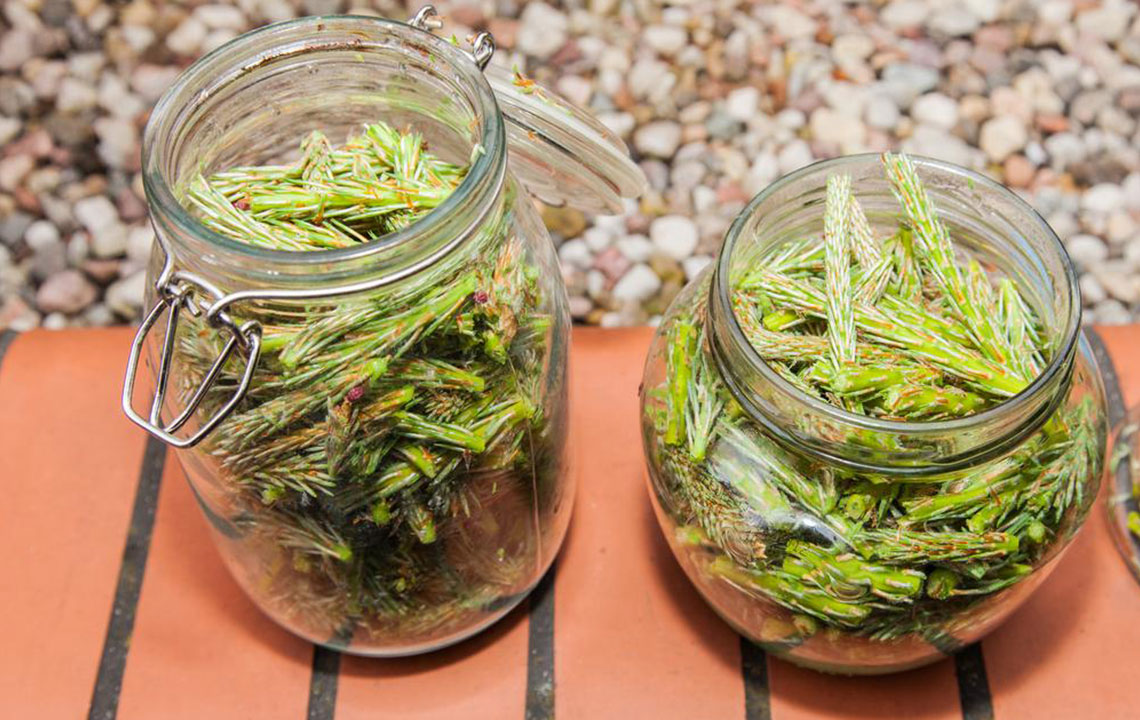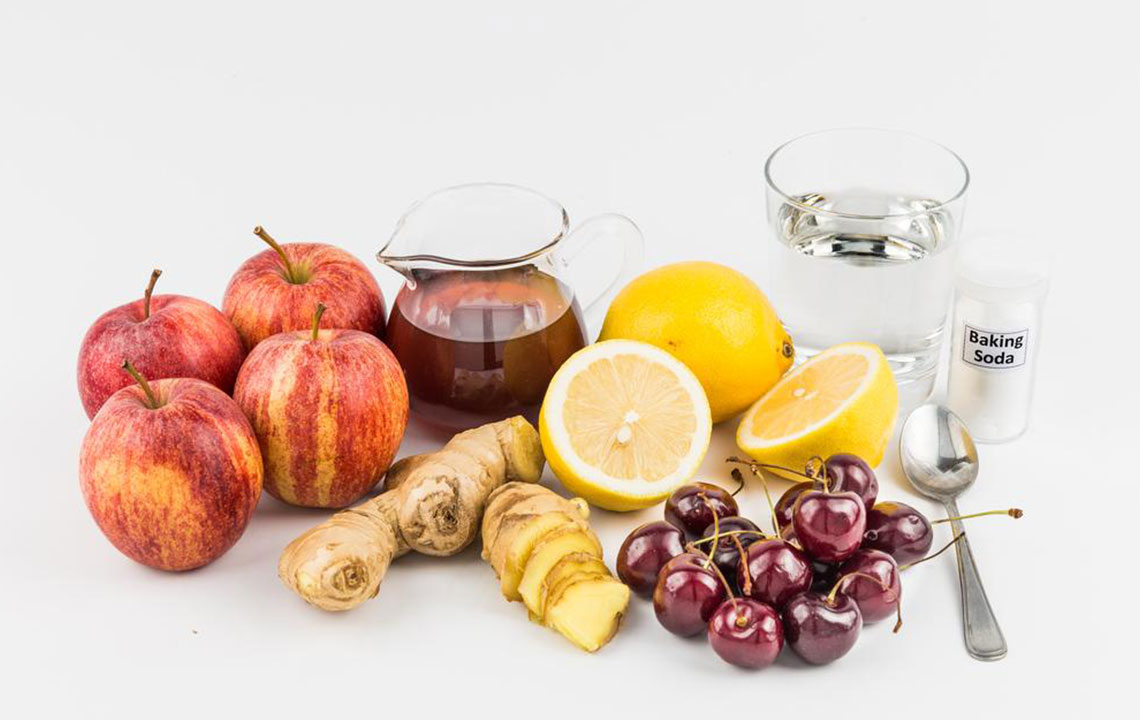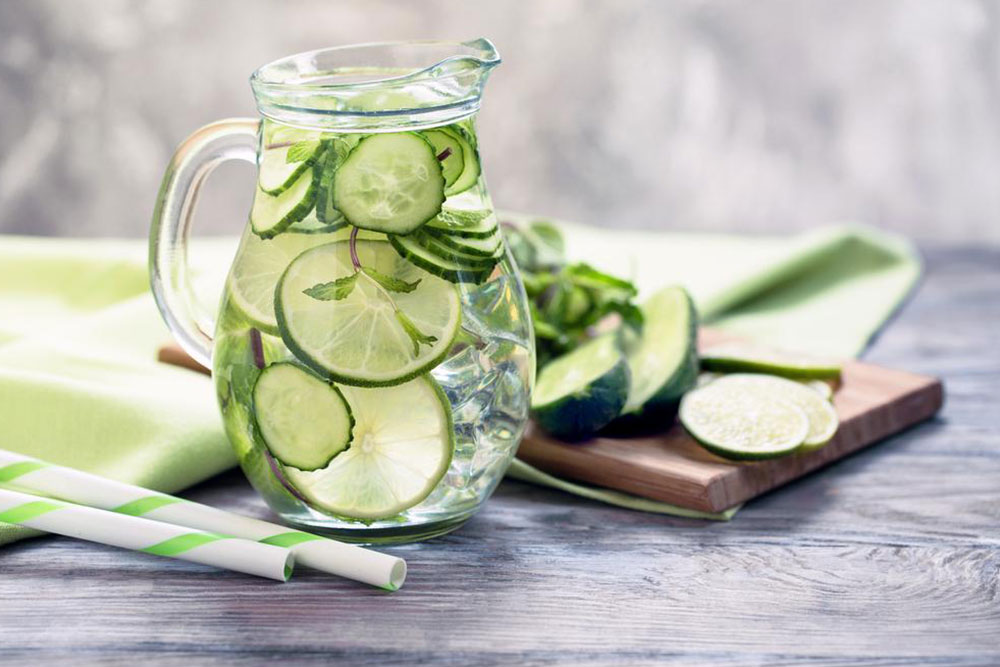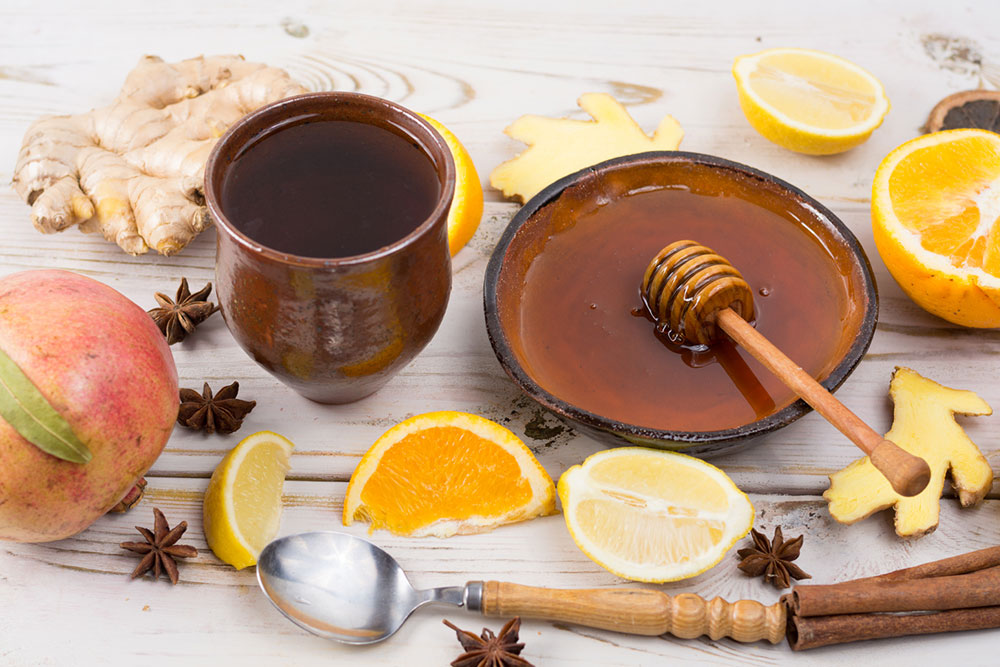Natural Remedies to Alleviate Lower Belly Pain Effectively
Explore effective natural remedies for lower belly pain, including warm compresses, herbal teas, warm baths, and dietary tips. These safe, home-based solutions help alleviate discomfort caused by indigestion, gas, menstrual cramps, and digestive issues, promoting overall abdominal health naturally.

Effective Natural Remedies for Lower Belly Discomfort
Lower abdominal pain is a common health issue faced by many individuals worldwide. It can stem from various causes, including indigestion, buildup of gas, irritable bowel syndrome (IBS), menstrual cramps, and other digestive disturbances. While such discomfort is often not indicative of serious health problems, it can significantly affect daily activities and quality of life. Luckily, several natural and home-based remedies can help alleviate these pains safely and effectively. This comprehensive guide explores proven natural solutions to help you find relief from lower belly discomfort without the need for medications.
Warm Compress Therapy
One of the simplest yet highly effective methods to ease lower abdominal pain is applying a warm compress or heating pad. The warmth helps stretch the muscles and stimulate blood flow in the abdominal region, which can reduce cramps and alleviate discomfort. This approach is especially beneficial during menstrual periods and episodes of indigestion. To use this method, fill a hot water bottle or use a microwave-heated compress and place it gently over the lower abdomen. Be sure to use a barrier like a cloth to avoid burns, and keep the compress on for 15-20 minutes for optimal relief. Regular application can significantly diminish pain levels and promote relaxation of tense muscles.
Herbal Teas for Digestive Comfort
Drinking herbal teas is a time-honored natural remedy for digestive issues and lower belly pain. Certain herbs have properties that relax the gastrointestinal muscles, reduce inflammation, and soothe bloating. Popular choices include ginger tea, known for its anti-inflammatory effects, peppermint tea which relaxes intestinal muscles and eases gas, chamomile tea for its calming properties, and cinnamon tea which supports digestion. Incorporating these teas into your daily routine can not only alleviate current discomfort but also aid in preventing future episodes. To prepare, steep a teaspoon of the dried herb in hot water for about 5-10 minutes, strain, and enjoy the warm beverage. These teas are gentle yet effective and make excellent natural remedies for a variety of lower abdominal issues.
Warm Bath for Muscular Relaxation
Taking a warm bath or shower can work wonders in relieving lower abdominal cramps, particularly those associated with menstruation. The heat from the water penetrates deep into the tissues, relaxing spasmodic muscles and easing pain. Additionally, bathing in warm water can help reduce stress, which often worsens abdominal discomfort. For enhanced relief, consider adding calming essential oils such as lavender or chamomile to your bathwater. Soak for at least 15-20 minutes, ensuring the water temperature is comfortable and safe. Consistent warm baths can serve as a soothing natural remedy that provides immediate relief and promotes overall relaxation.
Digestive Power of Fennel and Thyme
Fennel seeds and thyme have been used for centuries as natural aids for digestion and relief from gastric issues. Fennel contains compounds that relax the gastrointestinal muscles and act as a gentle natural laxative, reducing bloating and easing stomach inflammation. It can be consumed as fennel tea or chewed directly after meals. Thyme, on the other hand, possesses antispasmodic and carminative properties that help release trapped gas and alleviate cramps. Incorporating fennel and thyme into your diet—through teas, culinary use, or tinctures—can provide significant relief from lower belly pain caused by digestive disturbances.
Baking Soda for Acid Balance
Baking soda, or sodium bicarbonate, is a common household product that effectively neutralizes stomach acid. When indigestion or acid reflux causes pain in the lower abdomen, a teaspoon of baking soda dissolved in a glass of water can offer quick relief. It works by balancing stomach acidity, reducing burn, bloating, and cramping. However, it should be used cautiously and not regularly in large amounts, especially if you have hypertension or kidney issues. Consult with a healthcare provider if you are unsure about its safety in your condition. Baking soda is a practical, accessible remedy for sudden episodes of acid-related stomach pain.
Aloe Vera for Soothing Discomfort
Aloe Vera, renowned for its healing and anti-inflammatory properties, can help ease lower abdominal discomfort, especially caused by gas, indigestion, or constipation. Fresh aloe Vera gel or juice can be consumed a few times a week as a natural remedy to soothe the digestive tract and support bowel movements. Its soothing effect can reduce inflammation and promote healing of irritated tissues, making it a reliable natural solution for abdominal pain relief. To prepare aloe Vera juice, peel a fresh leaf, extract the gel, and blend it with water before drinking. Always ensure you are using edible-quality aloe Vera products for internal use.
Rice Water for Gentle Digestion
Rice water, the starchy water obtained after boiling rice and straining it, is a traditional remedy used across various cultures to ease digestive discomfort. It is rich in nutrients and has mild astringent properties that soothe the stomach lining and intestines. Drinking rice water can help calm cramps, reduce diarrhea, and support smooth digestion. To prepare, boil a handful of rice in water, then strain and cool the water before drinking. Regular consumption of rice water can provide a gentle, natural relief from lower abdominal aches and promote digestion efficiency.





